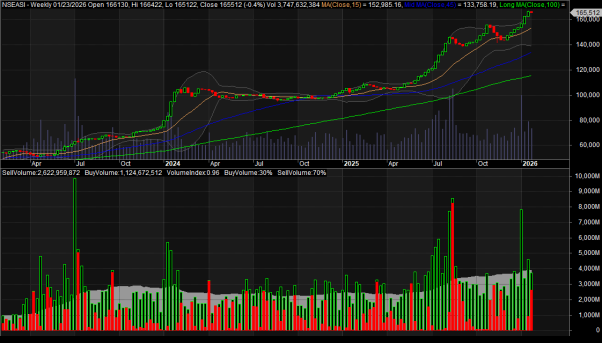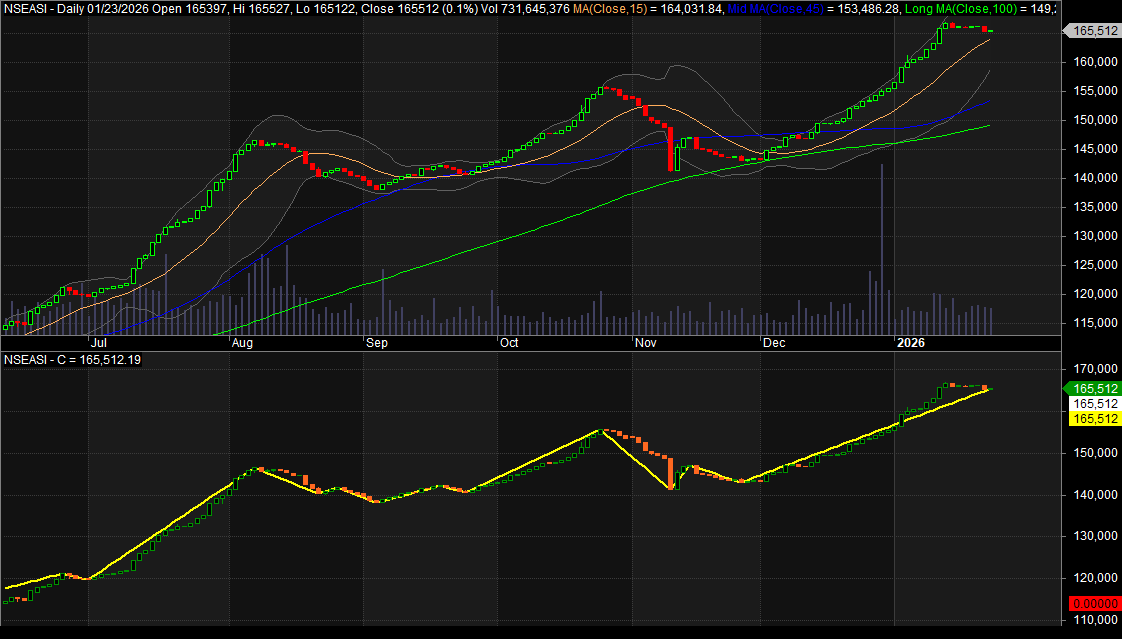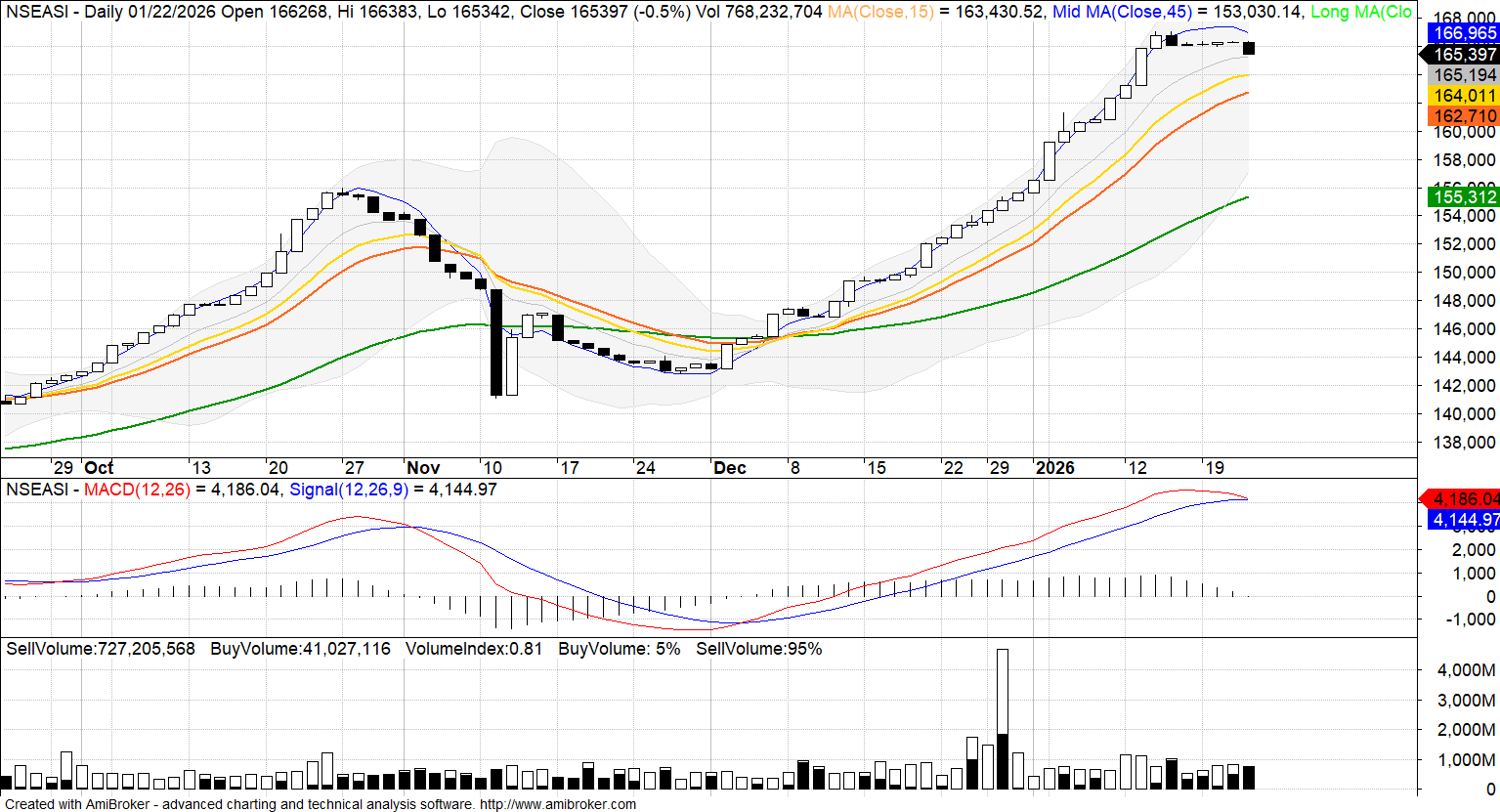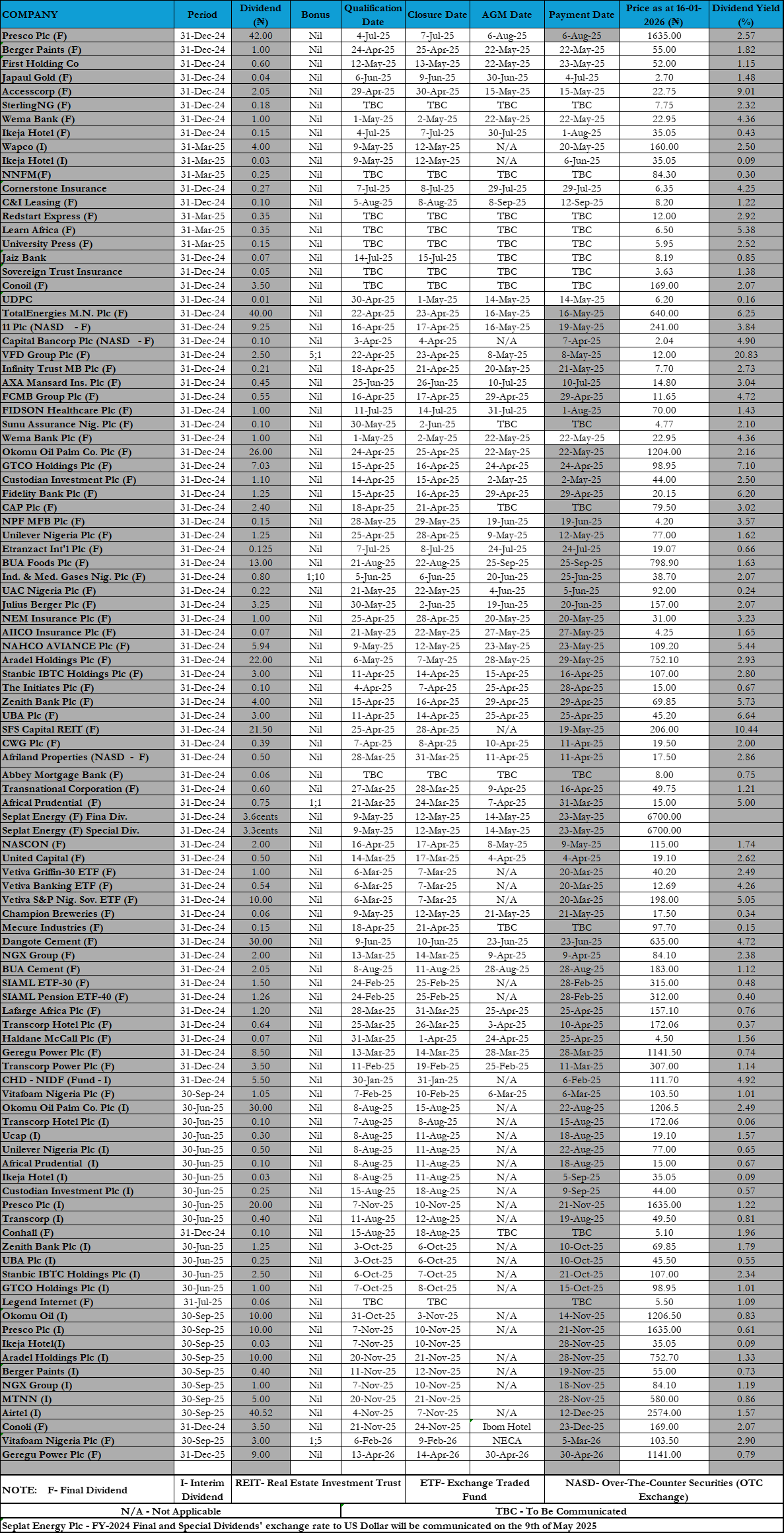On Friday, oil prices concluded with a 1% decrease and experienced a more significant decline for the week.This decline was due to lower demand from china which is the highest importer of crude in the word, despite the OPEC+ producer group deciding to extend supply cuts. Brent crude futures was down by 1.1% to close at $82.08 a barrel while the U.S. West Texas Intermediate crude futures (WTI) dropped by 1.2% closing at $78.01 per barrel. However, both benchmarks fell in the week, with Brent down by 1.8% and WTI by 2.5%.
Forex Inflow Surges On Rise In Overseas Remittances
Foreign exchange inflows to Nigeria rose to $2.3 billion in February, fuelled by renewed interest from foreign investors and a rise in overseas remittances. foreign investors bought at least $1 billion of Nigerian assets last month, bringing total receipts of portfolio inflows to $2.3 billion. That compares with $3.9 billion for the whole of 2023. There was a significant surge in overseas remittances to $1.3 billion in February, a more than fourfold increase from the previous month’s $300 million. Higher forex inflows have continued in March as a result of increased investor interest in short-term sovereign debt after the CBN hiked its key interest rate to 22.75%, the highest in around 17 years to tame soaring inflation.
At the CBN’s Open Market Operation auction on March 6 when it sold securities worth 1.053 trillion naira, bids from foreign investors accounted for 79% of the total, or $530 million
Egypt’s annual urban inflation jumps to 35.7% in February
Egypt’s annual urban consumer price inflation jumped to 35.7% in February from 29.8% recorded in January, driven mainly by a rise in food and beverage prices. Egypt’s inflation rate had been falling from a historic high of 38.0% in September 2023, Month-on-month prices rose by 11.4% in February, up from just 1.6% in January. While Food prices surged by 15.9%, up from 1.4% in January. Core inflation, which excludes fuel and some volatile food items, rose to 35.1% in February from 29% in January. Additionally, the local currency was devalued from 30.85 to 50 against the USD by the country’s apex bank.
India’s Modi cuts cooking gas cylinder price by 100 rupees, ahead of election
India has decided to reduce the cost of a cooking gas cylinder by 100 rupees ($1.2), a move seen as targeting women voters days before national elections are called. The price reduction will ease the financial burden on millions of households across the country, mainly benefiting women. A 14.2 kg (31.31 lb) cooking gas cylinder costs around 900 rupees ($11) in the capital Delhi.










